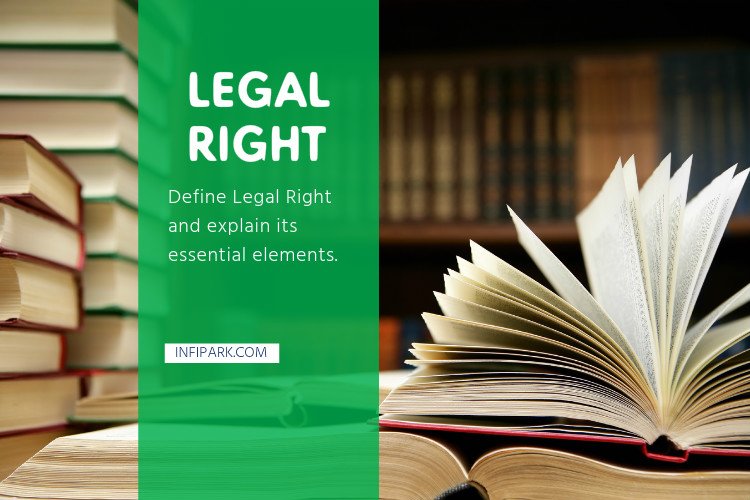Rights and Duties are Co-relative-Almost all the jurists agree on the point that rights and duties are necessarily co-relative with each other in such a way that one cannot exists without the other. In other words, the existence of the one depends on the existence of the other as there can be no child without a father and no father without a child. A right is always against someone upon whom the correlative duty is imposed. In the same way a duty is always towards someone in whom the correlative right vests. There are some jurists who do not agree to this view. Austin is one of them. He says that the duties may be divided into two kinds i.e., (i) Absolute, and (ii) Relative.
Again, Austin says that absolute duties are duties without a corresponding right. The duties which arc always correlated with a right are called ‘relative duties’. According to Austin, there are four kinds of ‘absolute duties’
1. Duties not regarding person (i.e., those owed to God and the lower animals).
2. Duties owed to persons indefinitely (i.e., towards the community).
3. Self-regarding duties.
4. Duties owed to the sovereign.
The absolute duties enumerated by Austin are not duties in the legal sense, or if they are duties at all, they are not absolute. The duty towards God is not a legal duty if it is not embodied in some statute. If it is embodied in a statute then it is the duty towards the state and not towards God. Certain duties imposed on individuals towards animals are in essence the duties towards the state or the owner of the animal and not towards the animal itself. The duties towards the community in general is nothing more than a bundle of duties towards each particular individual of the community and each individual has got a correlative right. Self-regarding duties are also the duties towards the state because it is a part of the criminal law as an attempt to commit suicide.
So far as the fourth class of absolute duties, e.g., ‘duties owed to the sovereign’ are concerned, they are based on his definition of law and his theory about state and sovereignty. If we regard the relationship between the state and the individual as the right-duty relationship where is this political superior ? In recognising any other political superior, Austin’s definition of the sovereign would be exploded. The sovereign has the power to change the law at any time. Therefore, the relationship between the state and the citizen cannot be termed as right-duty relationship.
Thus, the view taken by Austin is not a correct one. Though it is admitted that the relationship between the state and the citizen does not stand on the same footing as the relationship between a citizen and a citizen, it depends more on the nature of the state than on anything else. In democratic countries, a citizen has rights against the state.








